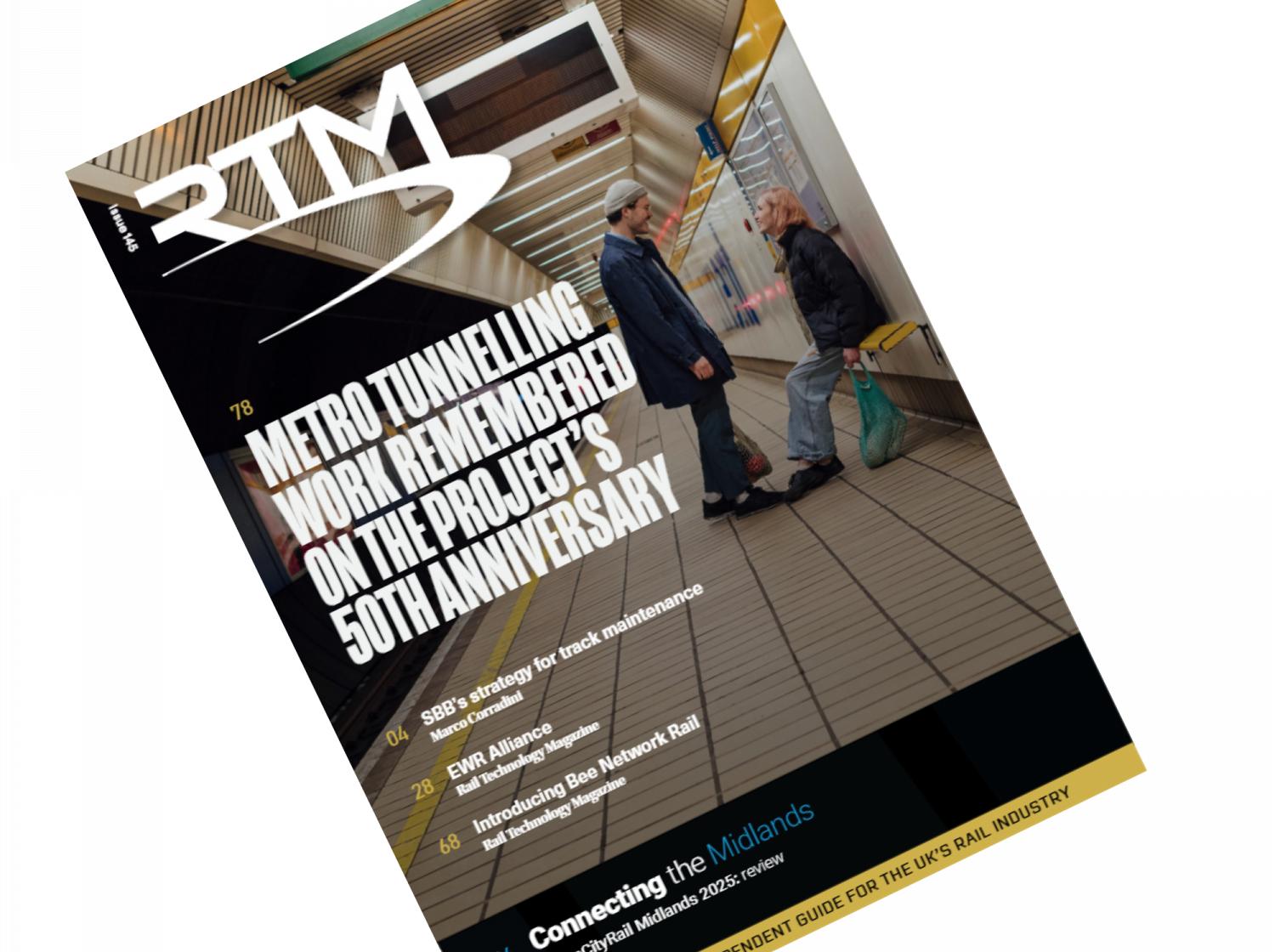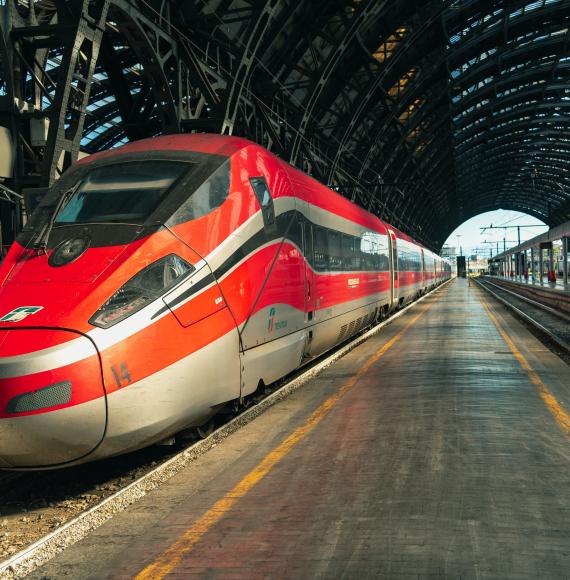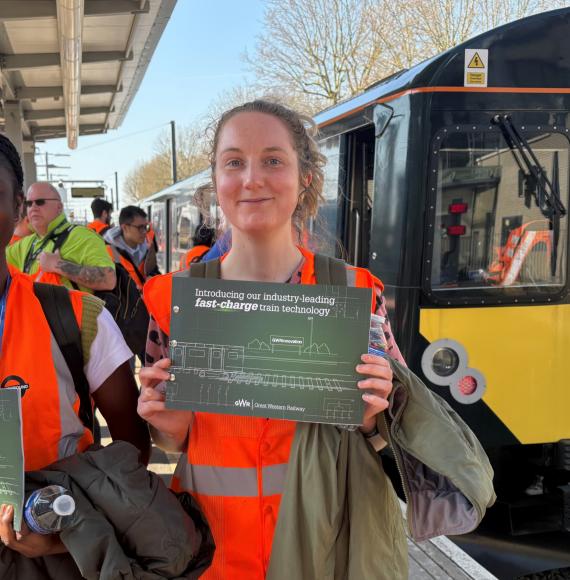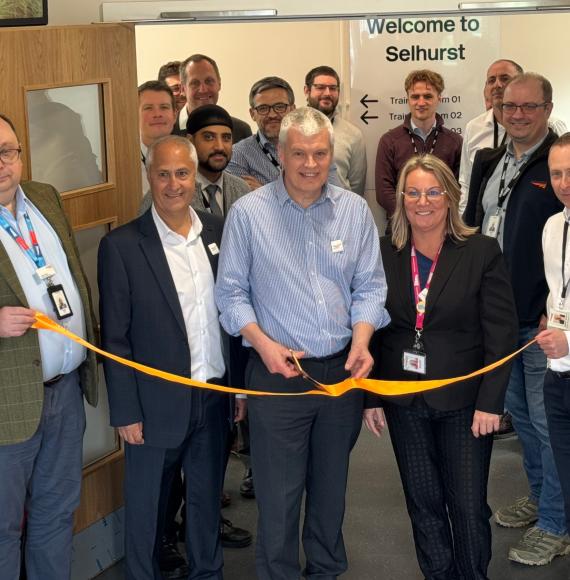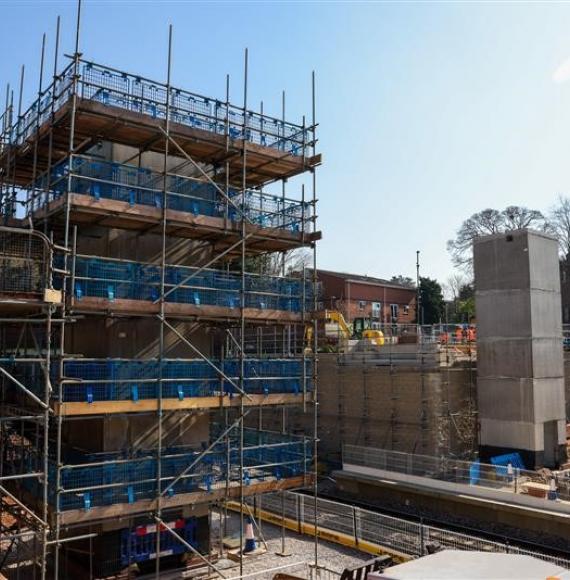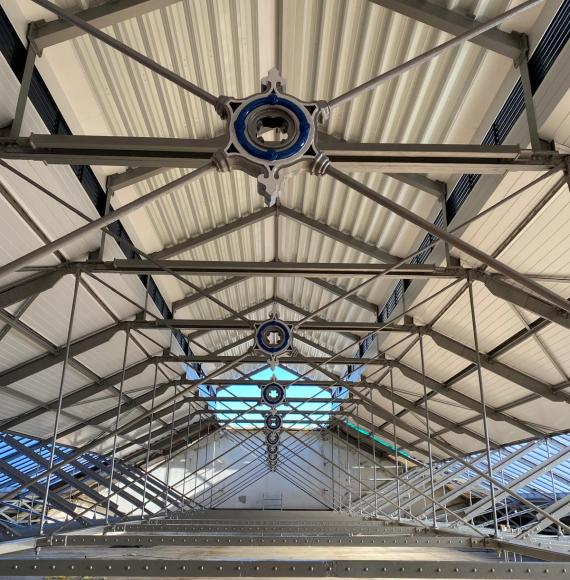The Rail Safety and Standards Board are involved with an innovative collaboration with the University of Sheffield, with ambitions to create a revolutionary safety tool to ensure protection for track conditions, via artificial intelligence to help predict low adhesion.
Roger Lewis, Professor of Mechanical Engineering, University of Sheffield said:
"It is very exciting for the team at Sheffield and RSSB that our fundamental analysis of the causes of low adhesion as well as our extensive collection of data from track is now coming together to enable the development of the AI friction prediction tool that will help the railway industry with performance and safety issues around Autumn."
Low adhesion track conditions can be a particularly hazardous plague on safety standards within the rail sector, costing around £350m per year for maintenance and regenerative works. This issue can result in disruptive delays to services due to effects on train performance through infrastructural degradation, as well as potential station overruns and signals being passed at danger.
Low adhesion track conditions are a by-product of temperatures, humidity and the presence of leaf layers and other contaminants on the lines. This causes significant safety risks that often requires reactionary responses to solve the issue, however, this new technology will create a proactive approach through artificial intelligence analysing data, and high-resolution video footage to deliver more accurate predictions about friction at the wheel-rail interface.
One of the project outputs will be an online tool, for users to enter data that will generate friction predictions for anywhere on the network, in time for Autumn 2023.
Paul Gray, Professional Lead Engineering, RSSB said:
"While people may think of leaves on the line as a joke, or just an excuse used when a train is delayed, the reality is that it's a very serious issue for the rail industry. Low adhesion causes significant safety risks and operational problems, costing millions of pounds to manage.
"Our new research project will use artificial intelligence and data analysis to predict and identify where and when low adhesion is going to occur on the rail network. This will allow targeted action at these specific locations, to help manage the safety risks and reduce delays."
Want to know more about the opportunities to become a key supplier to the UK rail industry? Attend TransCityRail and access an exclusive marketplace of buyers from Network Rail, HS2, Train Operators, Major Contractors, and all other tiers of the supply chain. For more information and to secure your place click here.



